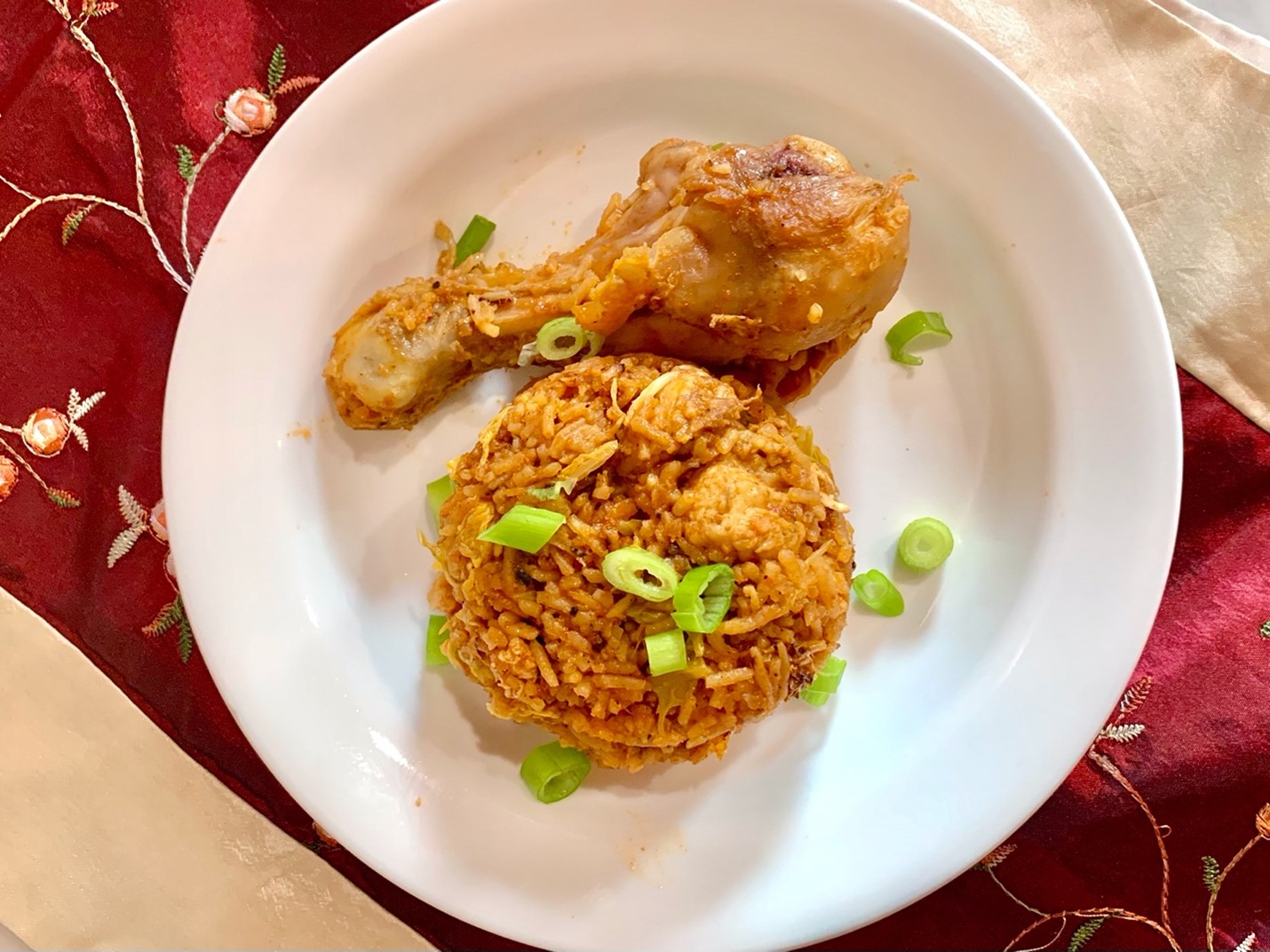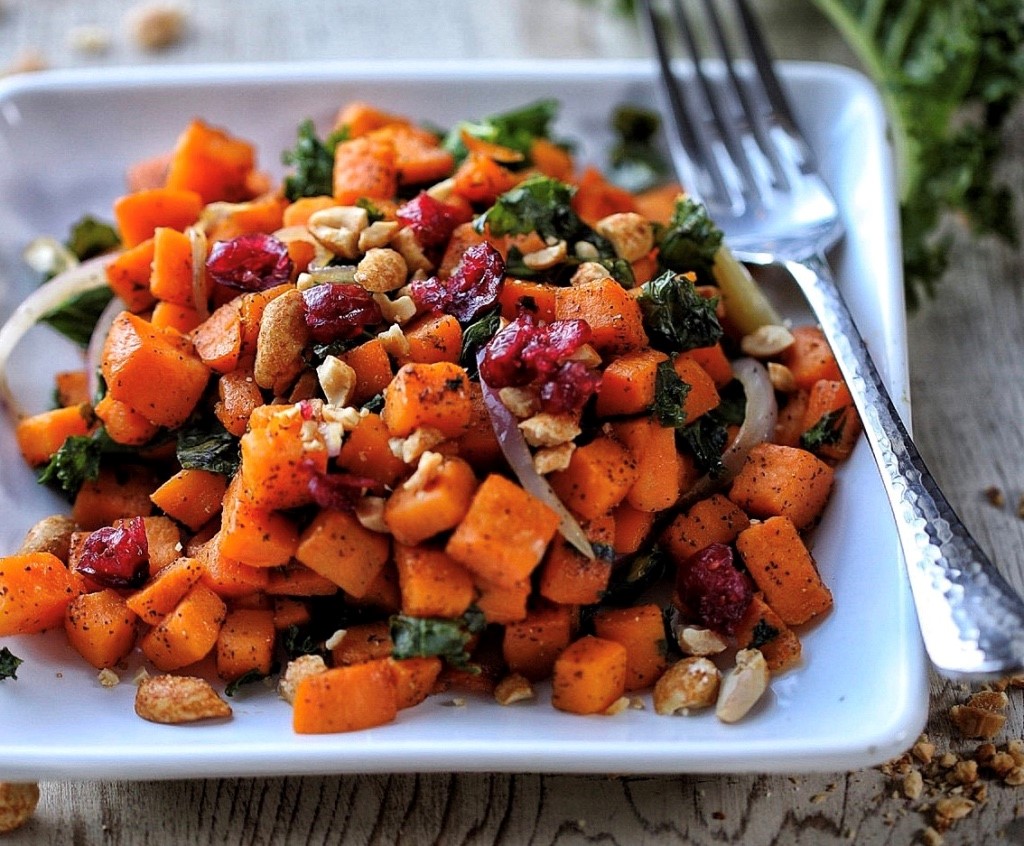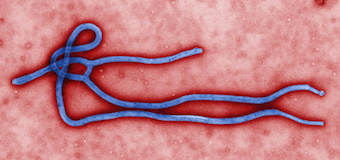
The Proven Platter—Sierra Leone, September 2021
Jollof rice is to West African cuisine what barbeque is to the Southern states of the United States of America. Much like the never-ending food wars over Texas barbeque versus Carolina or Kansas barbeque there is much spirited debate and light-hearted cooking wars over Ghanaian Jollof versus Nigerian Jollof versus Sierra Leonean. Jollof is quintessentially West African and a dish that is a great one pot meal of sorts: vegetables, grain, and protein all in one dish (“of sorts” as it definitely takes more than one pot to make but comes together as one dish!). Thus, Jollof seemed like the natural choice to feature for Sierra Leone. Details



